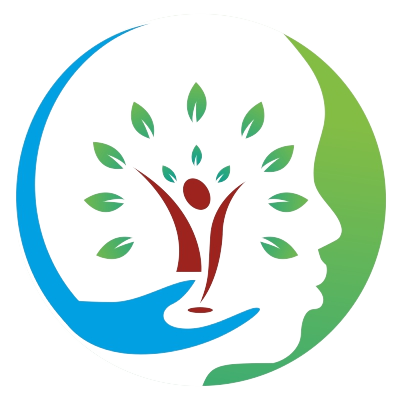
Contact Us
Online Appointments
- No exposure from potent chemicals.
- No withdrawal symptoms
- High efficacy rate
- Individualistic prescribing.
- Minimum dose.
- Rapid, gentle and permanent cure of disease.
- Holistic approach
- Painless process of treatment
- Availability of thousands of fully proved medicines on healthy human beings
- Economic medicines
Psychotherapy
Psychotherapy uses a set of techniques to help resolve behavioral and psychological problems in humans. It helps the patient understand themselves by helping them identify their feelings and emotions and develop better coping mechanisms.
Psychotherapy involves the development of a therapeutic relationship between the therapist and the client, allowing the client to express themselves freely without the fear of being judged. Depending upon the issue, the treatment can continue for several months or years.
Psychotherapy can be practiced on an individual, couple, or group. Depending on the issues, the frequency of sessions can vary from once a week to every day and it can start from a half an hour session and can go up to one hour as well.
There are various types of Psychotherapy:
Behavior therapy: This type of therapy focuses on helping the client understand how changing his/her behavior can eventually lead to changes in how they are feeling. Behavior therapy aims to substitute undesirable behavior responses with desirable ones. Emphasis is made on increasing the person's engagement in positive or socially reinforcing activities and decreasing the negative behavioral activities.
Cognitive therapy: Cognitive therapy believes that our feelings and cognitions are influenced by each other. For example, if a person has depression, it may be the result of having negative thoughts and/or beliefs. If these faulty beliefs are corrected then the client's view of events and his/her emotional state may change for the better.
Cognitive therapy focuses on our current thinking, behavior, and communication, rather than looking into the past. The cognitive therapist works with the client to confront or challenge the erroneous thoughts by pointing out other ways of viewing situations. Cognitive therapy has been found to be especially effective in treating post-traumatic stress disorder (PTSD), and other related issues that might have been derived due to faulty cognitions.
Family therapy: Family therapy identifies family patterns that contribute to behavior disorder or mental illness - it helps family members break those habits/patterns. Family therapy generally involves discussion and problem-solving sessions with the client and his/her family. These sessions may be in a group, in couples, or one-to-one. It focuses on improving communication within the family - clients are taught to listen, ask questions and respond openly rather than defensively. Various therapies such as cognitive therapy, behavior therapy, and interpersonal therapy may be employed in family therapy.
Interpersonal therapy: This therapy focuses on the interpersonal relationships of the client. For example, a depressed client's problem may be treated by improving their communication patterns - how they relate to others may be having an impact on their depression. The therapist may start by helping the client identify their emotions and where it is coming from. This therapy also helps the client learn to express emotions in a healthy way. For example, if a client usually responds to a feeling of being neglected by his spouse with anger and sarcasm - this results in the spouse reacting negatively. The client will learn to express his hurt and anxiety calmly, increasing the chances that the spouse will react in a more positive way.
Group therapy: In group sessions there are between 6 to 12 clients having similar concerns and one therapist. The clients benefit by observing how other clients suffer and respond to feedback. Getting feedback from other people with related problems gives the clients a different perspective and is helpful in improvement and change.
Psychodynamic therapy: This is also called insight-oriented therapy. It aims to increase the client's self-awareness and understanding of the impact of the past on present behavior. It enables the client to take a good look at unresolved issues and symptoms that have arisen from past dysfunctional relationships. It helps people understand the roots of emotional distress, by exploring unconscious motives, needs, and defenses.
What does psychotherapy treat?
Psychotherapy is used for treating many different problems. The most commons ones are listed below:
1. Depression
2. Anxiety
3. Post-traumatic stress disorder
4.Low self-esteem
5.Anxiety disorder, including phobias
6.Emotional crises
7.Marital problems
8.Family disputes
9.Obsessive-compulsive disorder
10.Personality disorders
11.Alcoholism
12.Addiction
13.Problems stemming from child abuse
14.Behavioral problems
15.Bipolar disorder (in combination with drugs)
16.Schizophrenia (in combination with drugs)
What are the benefits of psychotherapy?
-
Develop an understanding of yourself, personal goals, and values better.
-
Develop skills for improving relationships.
-
Overcome problems, such as an eating disorder, depression, or anxiety.
-
Find solutions to the problems or concerns that made the client seek therapy.
\


